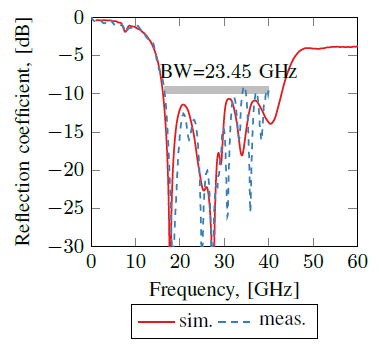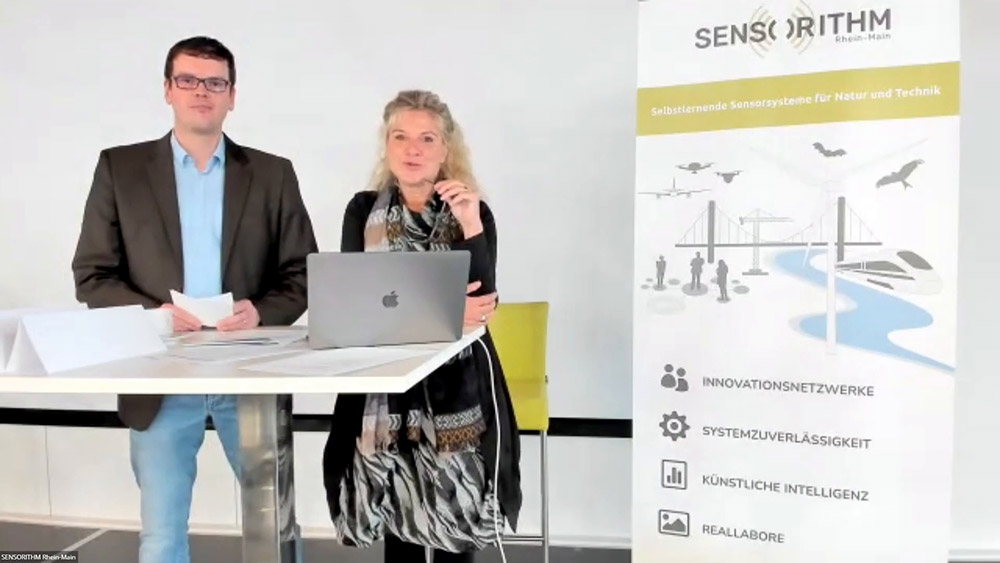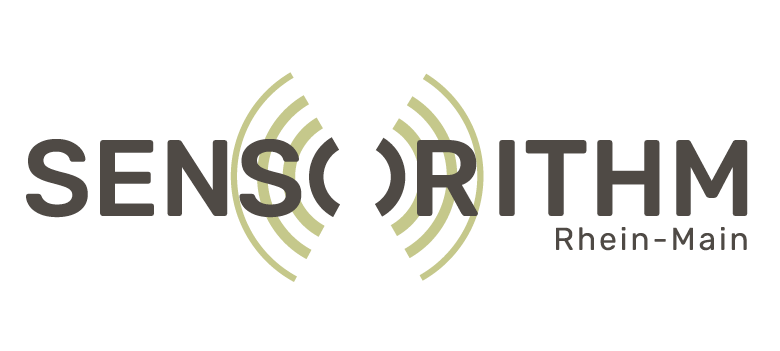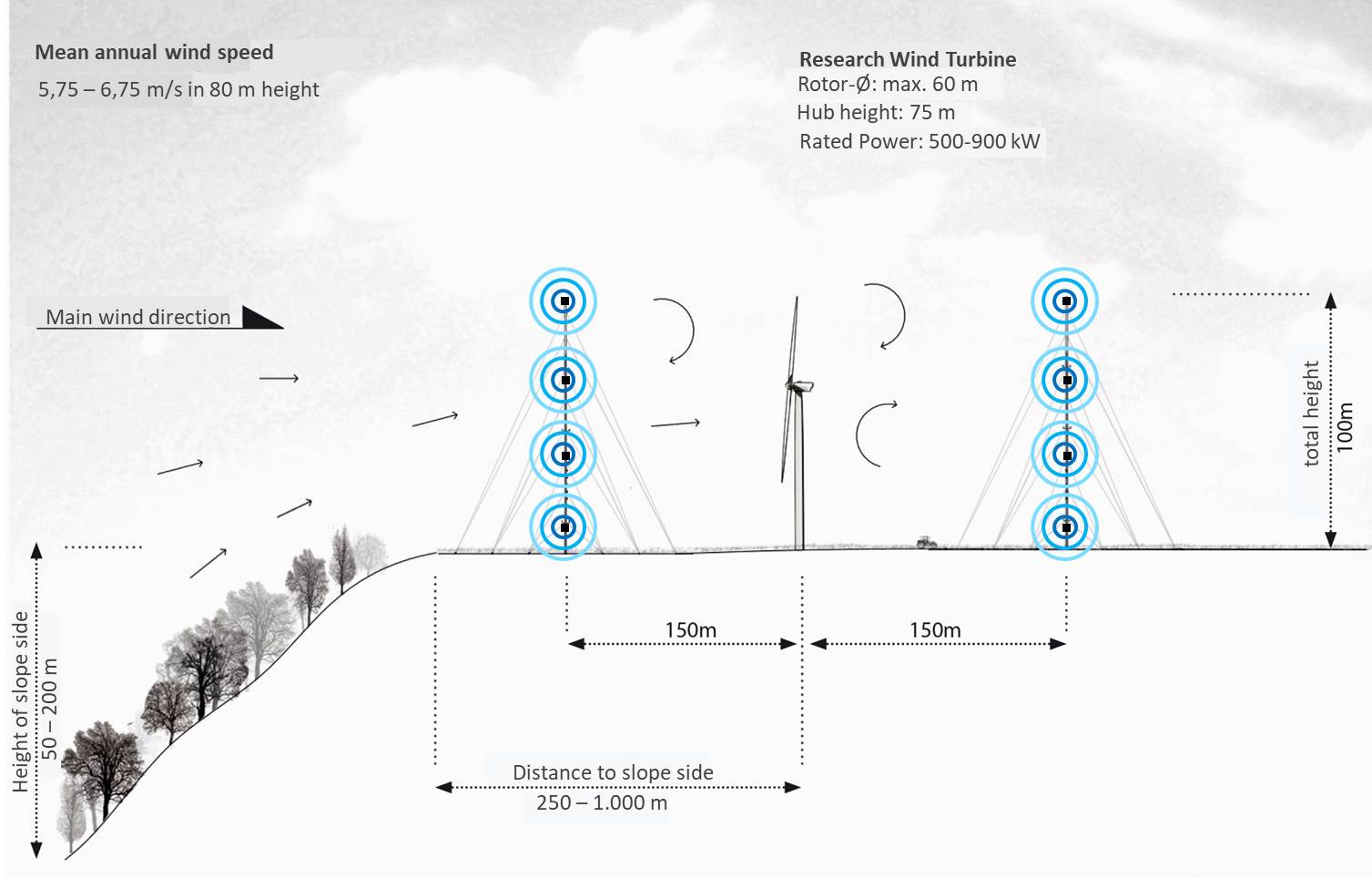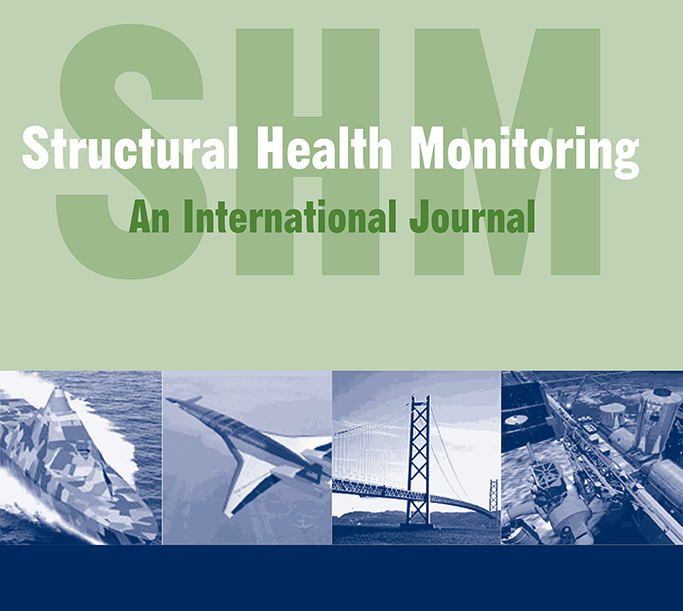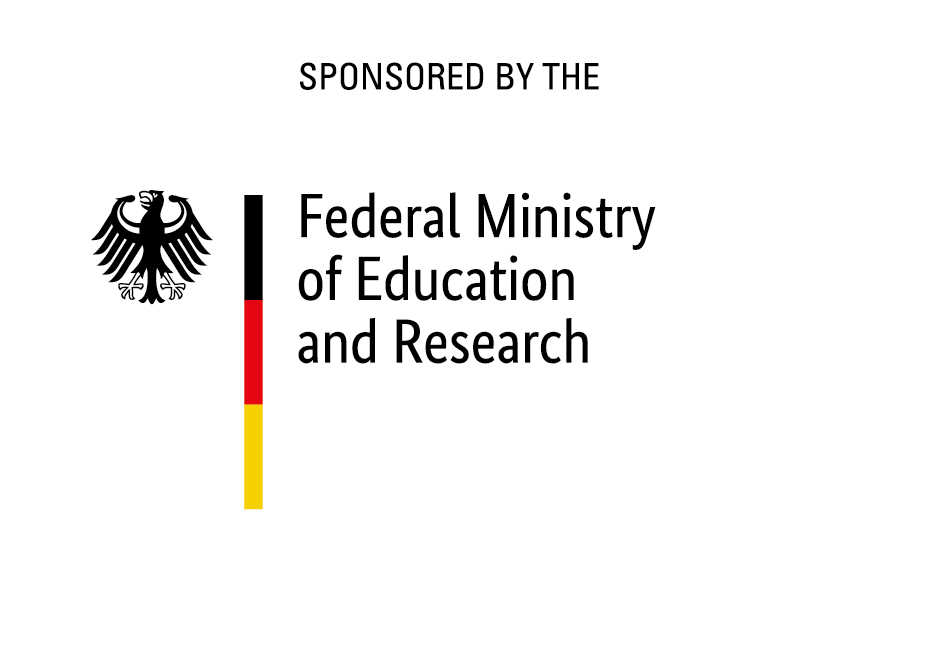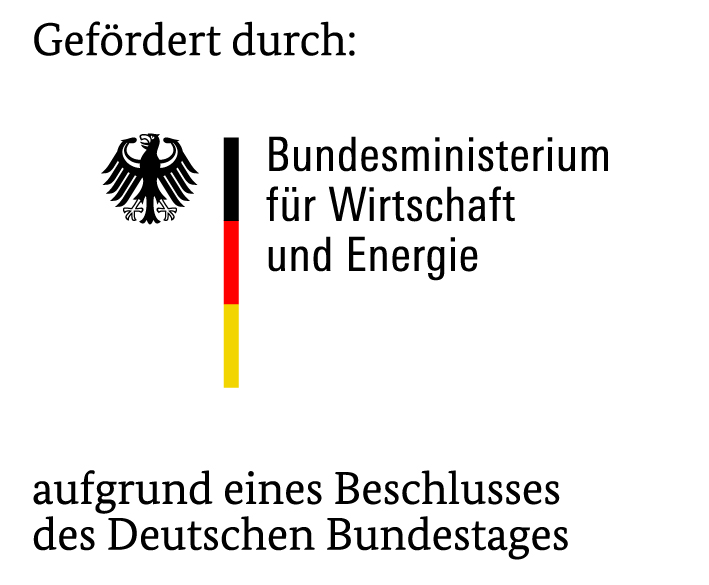By
web936
09
Nov
A journal article related to the InDiThera project has been accepted for publication in the IEEE Open Journal of Antennas and Propagation (Special Section: Microwave Biomedical Imaging: Innovative Methods and Systems Towards Clinical Applications). Abstract: This article presents the experimental proof of concept of high-frequency microwave breast imaging system operating from 16 to 20 GHz....Read More
03
Nov
The Open Guided Waves platform (www.openguidedwaves.de) was shortlisted for the Open Data Impact Award 2021 offered by the Stifterverband. With 40 applications from all scientific disciplines, we achieved a place in the top 10. More information: https://www.stifterverband.org/innosci/open-data-impact-awardRead More
The BMBF funded clusters4future conceptual phase project SENSORITHM Rhein-Main started with a digital kick-off event. I moderated the Zoom webinar with nearly 90 participants together with Prof. Dr. Petra Ahrweiler (Full Professor of Sociology of Technology and Innovation, Social Simulation at Johannes Gutenberg University Mainz). More information: https://sensorithm-rhein-main.de/Read More
SENSORITHM Rhein-Main addresses the research and testing of self-learning sensor technologies to automatically detect and classify anomalies in continuous sensor data streams by means of algorithms (especially artificial intelligence, AI). At the same time, a sociological examination of the multidimensionality of innovation networks in the field of tension between technological, ecological, economic, political and social...Read More
A collaborative work with FRINAT (Freiburger Institut für angewandte Tierökologie, Freiburg) on bat signal analysis and classification has been accepted for publication in Bioacoustics journal. Abstract: Automated acoustic monitoring methods are frequently used to survey bat activity around wind turbines. The algorithms are often based on spectral features or threshold values of the recordings. Due...Read More
28
Aug
A joint work with colleagues from the University of Bologna (Italy) and Polish Academy of Sciences (Poland) has been accepted for publication in IEEE Transactions on Ultrasonics, Ferroelectrics, and Frequency Control (Link). Abstract: Experimental characterization of Lamb waves in plate–like structures overcomes the intrinsic limits of a–priori Semi–Analytical Finite Elements simulations, where material inaccuracies and...Read More
03
Jun
I am excited about the opportunity to serve as an Associate Editor on the Editorial Board of the prestigious journal Structural Health Monitoring. Link: https://journals.sagepub.com/editorial-board/SHM Image reference: SAGE journalsRead More
02
Jun
A joint work with the colleagues from the DFG scientific network (Link) has been accepted for publication in IEEE Transactions on Ultrasonics, Ferroelectrics, and Frequency Control (Lead: Dr. Kilian Tschöke, Fraunhofer IKTS, Dresden). Abstract: In many industrial sectors, Structural Health Monitoring (SHM) is considered as an addition to the classical nondestructive testing that can reduce...Read More
The Federal Ministry of Education and Research (BMBF) funds the project SensEMI (Implantable sensor system as osteosynthesis monitor). The grant from Goethe University Frankfurt amounts to 275.988 EUR. Project partner: SurgiTAIX AG (Herzogenrath)Read More
The Federal Ministry for Economic Affairs and Energy funds the project PROFI-WIND (Application oriented rotor blade monitoring by millimeter-wave radar). The grant from Goethe University Frankfurt amounts to 310.950 EUR. Project partner: cp.max Rotortechnik GmbH & Co. KG IMST GmbH Knowtion GmbH BOREAS Energietechnik GmbH (associated partner)Read More
